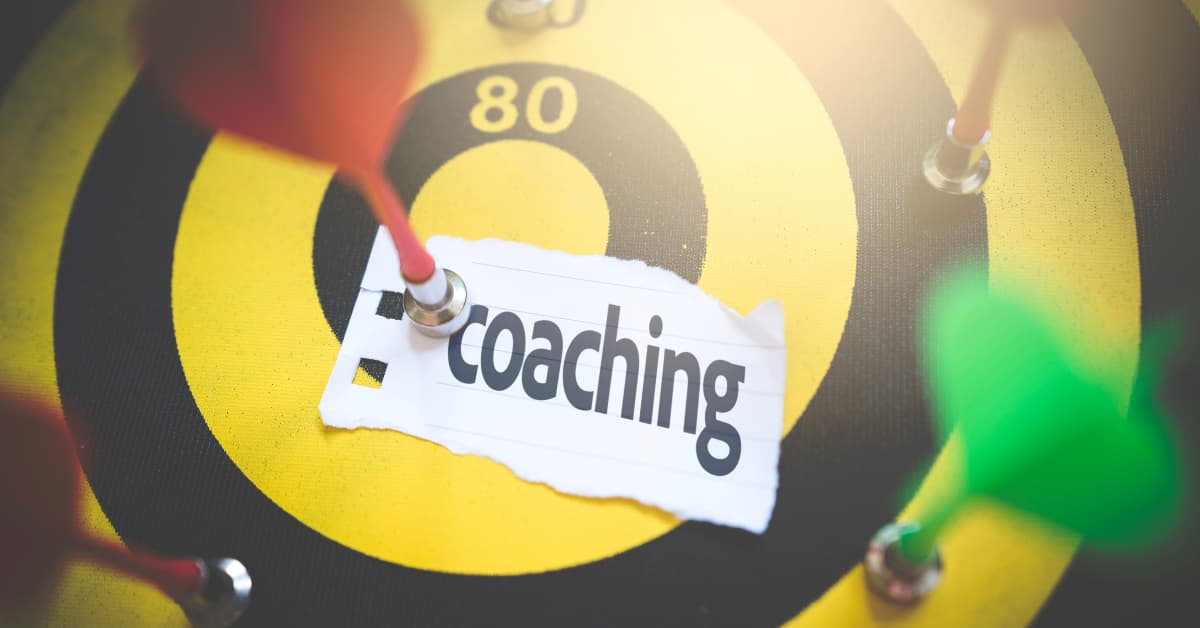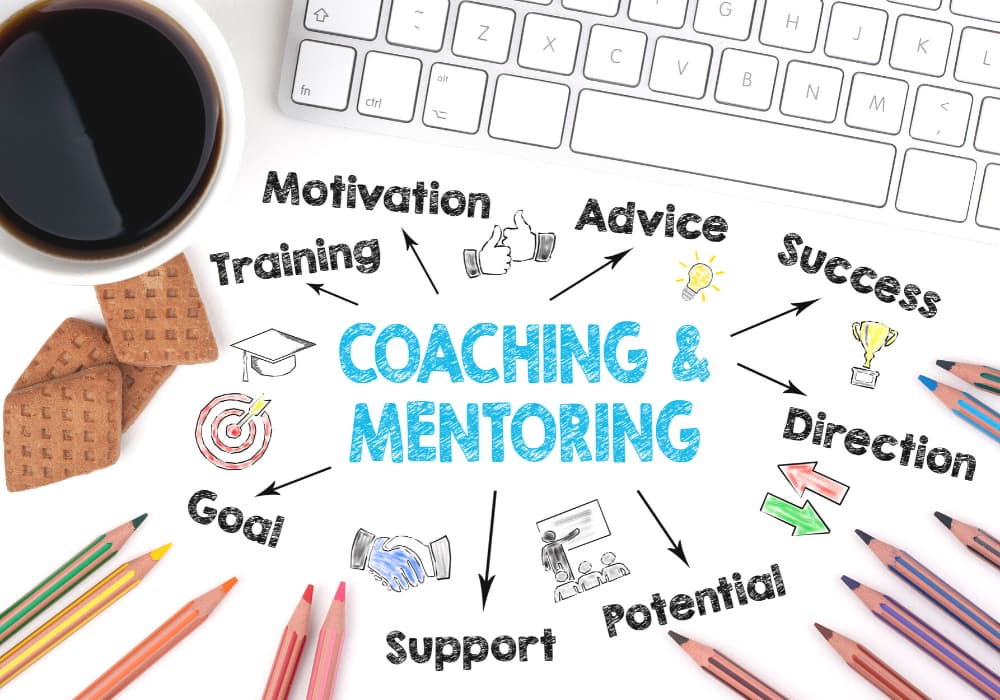Are you fed up of your job and happen to be in your mid-20s to early 30s? Here’s how to evaluate your next career change.
Do you want to change jobs or careers?
Let’s review some background facts together. If you are in this age range and have worked as an employee so far, you probably have 4 to 8 years of work experience behind you. You’ve probably worked for 1 to 3 different employers. You’ve likely had a chance to work in 1 or 2 different countries only.
All these numbers prove that you’ve experienced a small amount of work possibilities so far – and there’s potential to try a lot more before you can establish that you’ve found your “perfect job”.
So, the first thing to appreciate is that it’s most definitely not late to change either your job or your whole career path, should you want that.
Here’s an initial self-evaluation you can do:
1> If you are feeling bored, stressed, undervalued or overworked, the issue more likely lies with your present employer. In that case, it’s time to look around and search for alternative employer options.
👉 These factors largely depend on the culture, the processes and the ways of working of a company, so it’s very possible that in a different place you’ll find a better match to your professional profile.
2> If you are feeling uninspired, disillusioned or even trapped in your current job, you may want to deeply reconsider your whole career.
👉 It’s possible that you have some aptitudes which have not been developed yet and that you would express your full potential in a different line of work.
3> If you are feeling very confused on the whole direction of your life, including your career, you may be going through a “quarter-life’ crisis.
👉 Similarly to the mid-life crisis, this is a common occurrence where you develop a sense of resentment for some of the life choices you made, and feel deeply unsure about your future. In this case, you would benefit even more from external professional support to unblock your situation.
Once you get a feel for which scenario you are experiencing, ask yourself this question:
💡 If I could change jobs/ careers in a smooth and painless way, how would my life change?

Start to self-assess your career
Don’t be discouraged if you don’t know what to do next – take some quality time to learn more about yourself by doing some further self-assessment.
Ask yourself these questions before you take any drastic decisions:
- What led you to your current career?
- What do you hate about your current job?
- What attracts you to another job?
- What do you enjoy about your current job?
- Are you willing to start in a new career at the bottom of the ladder?
- Are you financially able to take a pay cut in order to change careers?
- How much time are you prepared to invest to make this change?
💡 Once you answer these questions, you’ll get a better idea of what motivates you in a job and what improvements the new one needs to bring to your life.

The first 7 actions to change your career
If you decide to change careers all together, you may quickly fall into a feeling of overwhelm and subsequently give up pretty quickly.
There’s no denying that it’s hard to do this alone, but if you manage to break down the change you are trying to make into small “actions to take”, it will be easier.
Here are 7 practical steps to start change:
1> Reach out to your professional and personal networks. Talk with a few people who are already in your desired field of work. Your friends may know someone they could introduce to you and you could contact other members of your social media or professional networks. When you speak to them, ask as many questions as you can about their day job.
2> Do your research. You may think that starting a new career will require a University degree or further studies which will take time and a high financial investment. In reality, you may only need to invest a few months completing an online course so, don’t assume: take the time to do your research!
3> Work on any missing skills. What skills do you need for this new job/ career path? If you need to develop certain skills, you could try some skill-based volunteering, where you can work on your skills in a voluntary position while building your CV/ resume’.
4> Gain relevant experience. Luckily, we now live in a gig economy, where you can build up experience by working on freelance jobs. Even if you are working pro-bono initially, you are still building experience and making contacts that will likely be useful in future.
5> Recreate your CV/Resume. Review your existing CV/Resume’ from a strategic perspective. Just because you’re making a career change doesn’t necessarily mean that your professional profile to date will be irrelevant. For example, you can look at your past experience and see if any of the skills you acquired are relevant for your new career path.
6> Create a purposeful cover letter. When applying for jobs in your new career, let potential employers know your story and why you’ve decided to change careers. Talk in a positive manner and show how passionate you are about this potential role. Employers would prefer a candidate that genuinely wants to work there!
7> Expand your network. If you are new to the industry of your next job, your existing professional network will be small. It’s important to expand this network as much as you can, not only to increase your knowledge and exposure, but also to ensure that you hear about any future job opportunities – even before they may be advertised on job search engines.
💡 Key takeaway: yes, you can do it!
Changing careers at this stage may feel like a big step to you. Yet, as soon as you realize that you have so much time ahead to flourish in a new career path, you are setting your mind to making it happen. 🎯
Chat To Me.
If you are ready to see some changes in your career or business, let’s chat!








